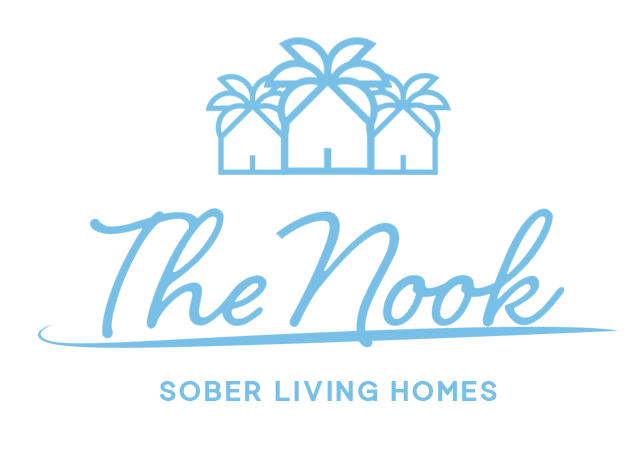Addiction is a heartbreaking disease, and it’s heartbreak is increased by relapse. Sadly, the research has shown that the higher the dependence on drugs, the higher the chance that relapse will occur. If your loved one has relied on drugs and alcohol as their only coping mechanism, the early days of sobriety can be tricky. Using drugs and alcohol as the escape hatch from stress and difficulty is a hard habit to break. Still, those in early recovery may seem just as emotional and moody as someone who has relapsed, so it’s good to know the signs of relapse. If you were there for your loved one’s active addiction, think about the symptoms you saw during their active use and use those as your barometer for what’s happening now. At The Nook, we know that relapse happens, and we’re here to help. We can be part of the plan to help prevent a relapse or to return from a relapse.
What Is a Relapse in Addiction Recovery?
While relapse is simply a return to using drugs and/or alcohol, most who relapse admit that it began long before they used again. Learning how to live without drugs and alcohol isn’t easy. It requires a lot of new skills and practice using those new skills. Whether someone goes to treatment, attends peer support groups, goes to therapy, or completes some combination of therapies, relapse can still happen. Relapse is not a sign of weakness or failure. Sometimes relapse is simply a part of recovery. When someone is learning how to ride a bicycle and falls down, we don’t tell them that they are a failure. We ask them to get back up and try again. Relapse can be thought of as falling off of the bike of sobriety. It may be a sign that different interventions or treatments may need to be investigated, or it just may be a lesson of a life to which someone does not want to return.
The Signs of Relapse to Look Out For
You know your loved one better than anyone else. You’ve seen them during their active addiction, and you’ve seen them sober. You know the difference, but you still may question what are and are not signs of relapse. As a person on the sidelines of someone else’s recovery, you’re walking a bit of a tightrope as you balance wanting to trust them and wanting to identify relapse. The physical signs of relapse will often depend on the drug being used. For example, a person who uses opioids, such as heroin or fentanyl, exhibits pinpoint pupils and drowsiness. However, a person using stimulants such as cocaine might seem to be moving at a faster speed. Regardless of the drug being used, you’ll likely also see changes in behavior. If your loved one suddenly seems more secretive or has more mood swings, there might be cause for concern.
Why You Should Go to the Nook for Sober Living
The early days of sobriety can be challenging, and sober living facilities can offer additional support. Sober living homes are the bridge between earlier and more extended sobriety. You’ll want to look for a sober house that will best support your loved ones as they learn to create a sober life. Sober living homes located in Los Angeles are located centrally to allow for outings to the beach, to the golf course, to the mountains, and to explore Los Angeles. At The Nook, we focus on lifelong recovery. We offer our clients support to live a life that allows for the maintenance of employment, educational, and familial commitments. Contact us today to see how we can help you or your loved ones create a life in recovery.


